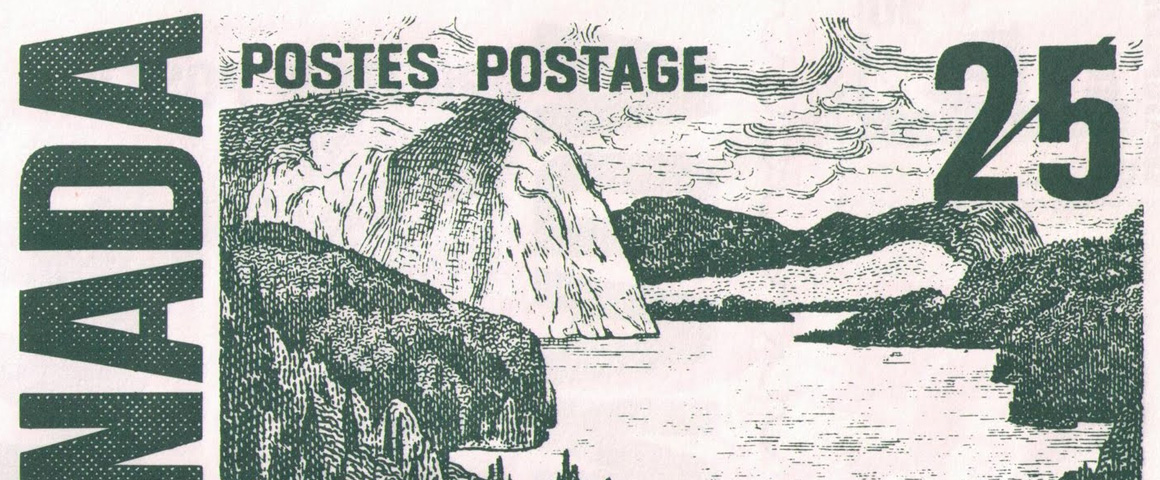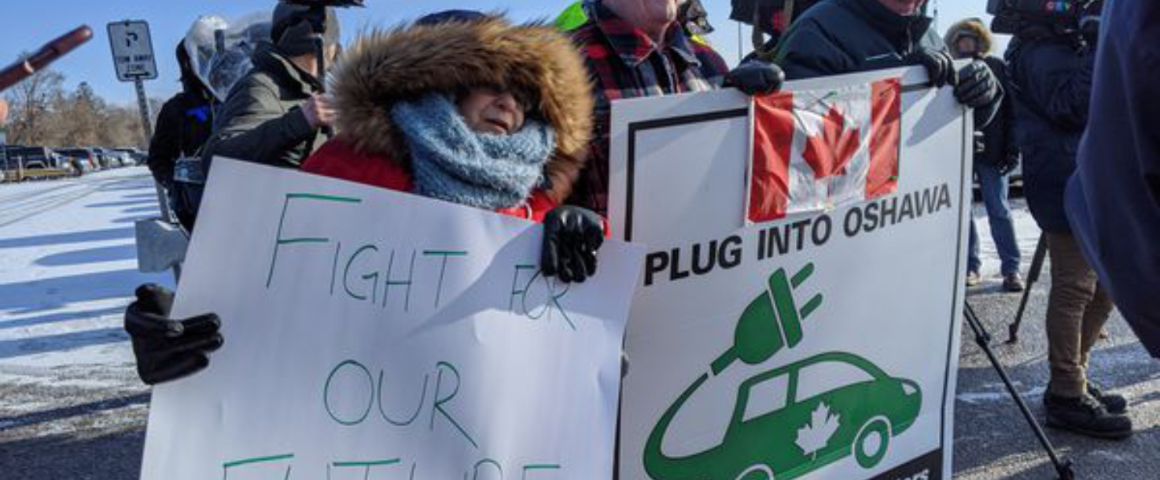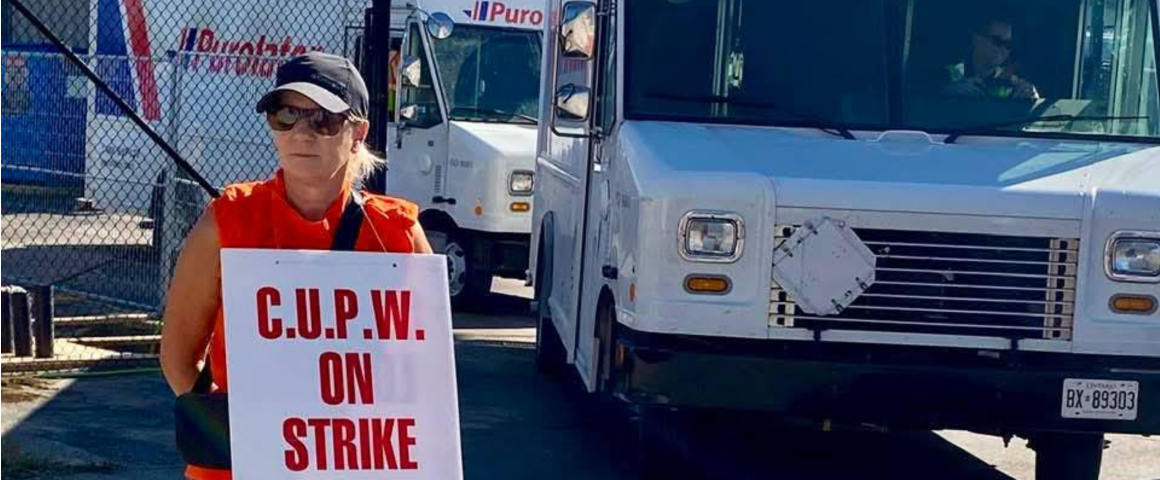Most Canadians do not expect to see people being dragged out of public federal government hearings by security guards. I must confess that I share this view. Imagine my surprise when this happened to me, at the House of Commons Standing Committee on Government Operations and Estimates meeting on the future of Canada Post in Montreal.
I submit the following record of events as an appeal to all People’s Voice readers, to try to make your democratic voice heard in this review process.
Over the past few months, this newspaper has reported on how labour and community folks from across the country have been paying close attention to the struggle of the Postal Workers for a new collective agreement. While a tentative deal has been reached, making some gains on items like pay equity, the struggle to stop privatization of the post office is far from over.
This is a struggle led by the Canadian Union of Postal Workers, who are fighting hard to mobilize public opinion to oppose privatization, and to expand public postal services.
In fact, right at the moment CUPW is holding ratification votes far and wide, the government has launched fifteen days of public hearings into the future of the Post Office.
Canada Post has been in a hard fight to privatize the post office and liquidate the union for years. During the Harper Conservative regime, Canada Post’s neo-liberal CEO Deepak Chopra hired the Conference Board of Canada to review operations. The Conference Board is a powerful corporate lobby group and Chopra, then as now, sat on its Board of Directors.
Following the review, Canada Post unilaterally implemented a now-infamous five-point “business modernization plan” which was heartily endorsed by Harper, and condemned by the public.
Canada became the only country to shut down home mail delivery with “Megaboxes.” In total about 8,000 workers, mainly letter carriers, lost their jobs. Stamp prices were jacked up and post offices privatized. More layoffs took place with automation. At the bargaining table, Canada Post began to try to shred the collective agreement.
While Canada Post rolled forward, public opposition exploded. Labour and CUPW launched a Save Canada Post campaign. Lawn signs went up across the country. Movements of seniors and people with disabilities were up in arms. Municipalities protested these new units of infrastructure which they had to maintain. The Mayor of Montreal took a jack-hammer to a Megabox.
This was the context for last year’s October 15th federal election, where the Trudeau Liberals called for a moratorium on Megaboxes. Millions of voters went to the polls with the Liberals on record as calling to Save Canada Post. Once in office, the Liberals promised consultations.
The consultation that is actually happening reminds me of the 80s sci-fi classic, Hitchhikers Guide to the Galaxy. The story opens with the main character, Arthur Dent, lying on the ground in front of a bulldozer which is about to smash down his little house to build a new highway. Spread out before the machine’s blade, Dent has the following exchange with a bureaucrat, who tells him that for nine months the announcement was on public display:
“On display? I eventually had to go down to the cellar to find them.”
“That’s the display department.”
“With a flash light.”
“Ah, well the lights had probably gone.”
“So had the stairs.”
“But look, you found the notice didn’t you?”
“Yes,” said Arthur, “yes I did. It was on display in the bottom of a locked filing cabinet stuck in a disused lavatory with a sign on the door saying Beware of the Leopard.”
Moments later, aliens appear and inform the Earth that it is being demolished to build an interstellar highway by a Vogon Constructor Fleet, as announced for several years in another solar system.
How different is real Liberal’s approach from these fictional Vogons?
This summer, far away from the Canadian people in another galaxy called Ottawa, the Liberals struck a Task Force to draft a discussion paper for their consultation process on Canada Post. The Task Force was chaired by the past CEO of the Quebec Chamber of Commerce, and included a former director of Imperial Oil. There were no members from labour.
Around the same time, the Standing House Committee quietly announced a whirlwind tour for fifteen days in September, often doing two cities in a day. This meant the hearings would be during work hours. The deadline for a request to speak was August 26. Three weeks later, on Sept. 19, the Task Force released its discussion paper, the framework for the Committee’s consultation. Then on the afternoon of Friday, Sept. 23, the location of the first hearing was released, to take place the following Monday morning, Sept. 26.
Privatization was the Tories’ agenda for the post office. By Parliamentary rules, the Chair of this committee is a Conservative. The Liberals have yet to declare their views. This creates a situation where mass public pressure can now make privatization too hot to handle for Trudeau.
The Task Force report is a trial balloon. Entitled “Canada Post in the Digital Age,” the main proposals would accelerate Harper’s “Megabox” attack on home delivery, shred CUPW’s collective agreement, smash the pension plan, and shutter or privatize literally hundreds of Post Offices. It suggests reducing home delivery from daily to three-times a week, and puts an exorbitant price tag on restoring home delivery. The report also rejects Postal Banking because it would create competition for the big banks. It is founded on the false premise that Canada Post is in crisis.
Myself and some activists went down to the Sept. 26 hearing in Montreal. We eventually found it in an anonymous room in a hotel basement. At first it seemed we couldn’t enter, but then we were allowed to listen. Suffice it to say, all the business presenters viewed Canada Post like a juicy prime rib, ready to be sliced up with privatization. Speakers from labour and community defended the Post Office as a fundamental public service.
At the end, I got up to ask for a few minutes, to let the small audience speak, which is common in other public hearings. Instead, a security guard dragged me out of the room – which is illegal, only police can physically touch you. As I was being man-handled, one of the exiting MPs came up and very politely apologized. I urge you to make an online submission, he said in a surreal moment.
No doubt myself and many other people will do so as a basic minimum. Others will probably try to speak at these hearings. Now is the time to Save Canada Post.




